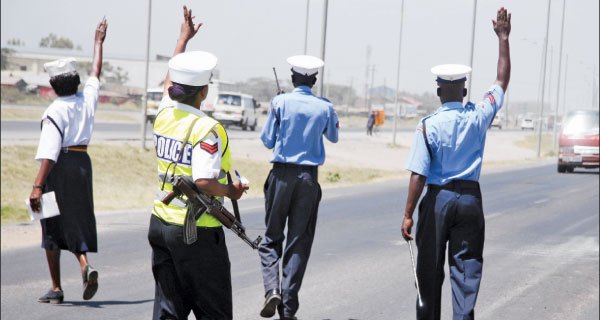×
The Standard e-Paper
Home To Bold Columnists

There is disquiet in the police service over what some officers have termed unfair promotion methods.
The group, mostly made of constables that acquired university education after being enlisted in the service, claimed it was being discriminated against.